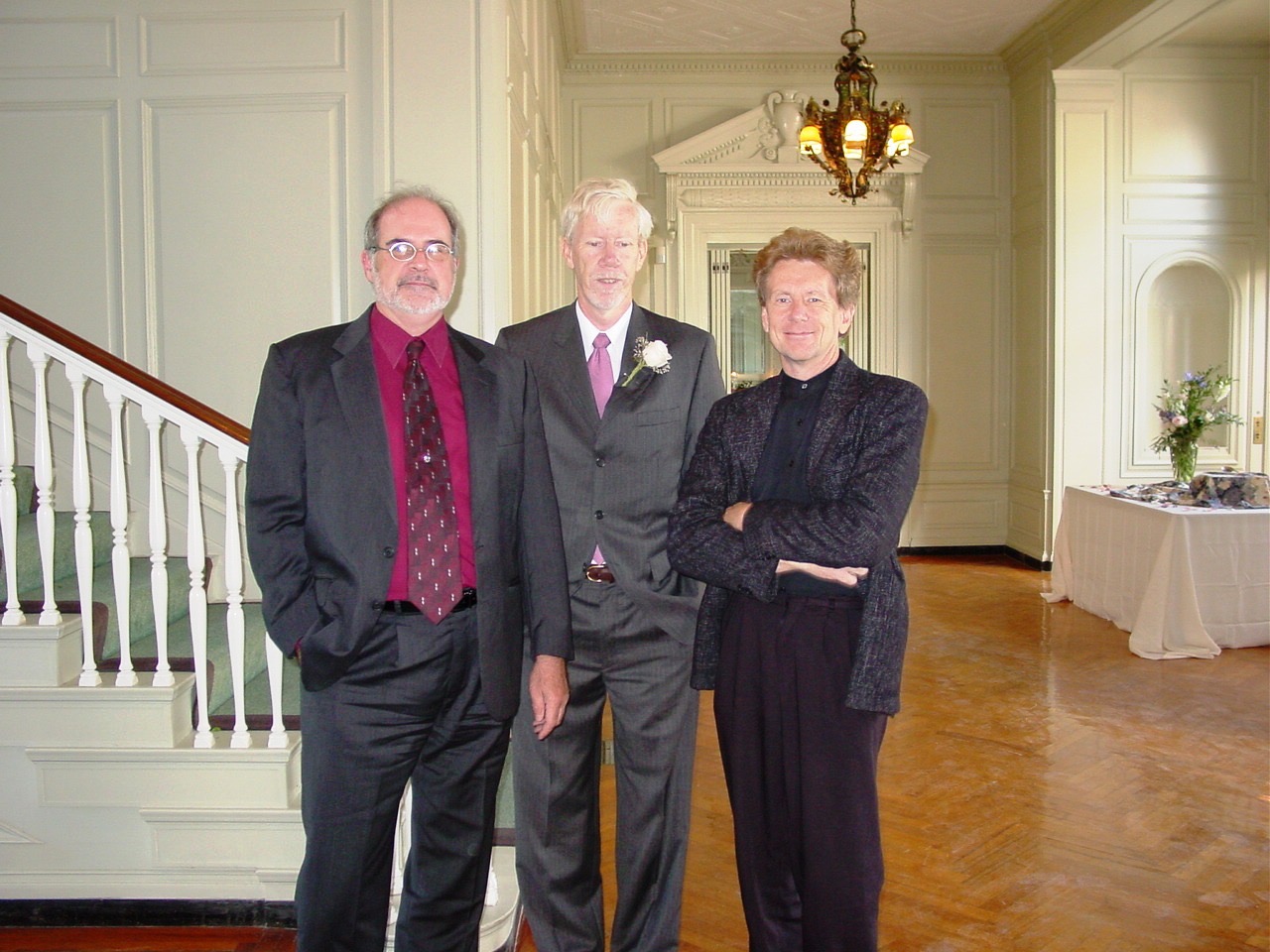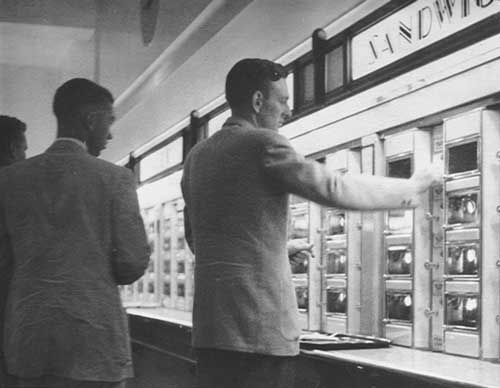Welcome to the Wakefield Doctrine (the theory of clarks scotts and rogers)
Today we come to the conclusion (and conclusions) of our re-telling of the origin of the theory of clarks, scotts and rogers.
New Readers? the Wakefield Doctrine offers a perspective on our world(s) and the people who make it up. Starting with the idea, the notion, the ‘let’s imagine for a second that‘ we’re all born with the potential to experience the world in one of three quite distinct ways and then proposing that our natural efforts to learn to deal with, develop strategies to contend with, create a personality suited to the condition that we, still tiny, little babies, must engage, results in the three personality types of the Wakefield Doctrine:
- clark (the Outsider) forever apart from, always searching for the information that the other two personality types obviously were taught, moving through the shadows both in broad daylight and clutching night
- scott (the Predator) never resting, never deprived, asking only to be free to chase desires and live as a member of a pack in which one’s place, in this necessarily vertical arrangement, carries not the slightest value judgement on the individual
- roger (the Herd Member) the epitome of social Man, connected to all that matters and accentuating all that does not, the world is a beautifully, (and sometimes insidiously), crafted machine for the world of Men and Women to explore, map, organize and subjugate.
We all move through one, (and only one), of these three worlds. We retain the potential, the atrophied urges to think, act or feel as would the two other worldviews, but we are of one world. Once we accept that, (in ourselves and, at arms length, in others), we are better equipped to see the world as the other person is experiencing it. The Wakefield Doctrine is a tool to appreciate how we relate ourselves to the world around us.
If you’re just joining us, this, as we said above, is the conclusion of the origin of the Wakefield Doctrine. The first installment set up the scene and introduced the players, (Click Here Part 1). The second installment bring the action to a climax, moving the people, (and concepts), into position, (Click Here Part 2) and today we have the denouement *.
The brass bell over the door signaled the ‘all clear’ and the world was almost the same as when it announced the arrival of the man with the dual cassette dubbing deck.
Scott gave no indications that he was aware of any change to the world. (Of course, he didn’t. The sun was still at the right point on its arc for the time of day and the earth was still staying beneath our feet.)
I felt the change. I knew there was a change.
Yet even now, forty can’t-be-that-many-years later, I struggle to articulate my state of mind. Close to the feeling you get when, one second before you scrape the 5/8ths-complete jigsaw puzzle into the box and go do something fun, you pick up a piece without thinking and it is the piece that not only fits, but joins several, seemingly disparate pieces, creating more of a whole.
Perhaps the most useful moral of our little story of cassette recorders and music stores is more than, ‘This is a key to understanding the world’. Perhaps it is to accept, (and build upon), the idea that, ‘This key is a proof of the world being understandable’.
* that is such a cool word, like speaking rhetoric with a French accent… at least, the clark within hopes**
** slightly advanced level Doctrine: while we all have one (and only one) predominant worldview, we never lose the potential of ‘the other two’. And, …and! for reasons not yet understood, some of us develop more significant secondary (and tertiary) aspects than others. Example: I am a clark. I have a significant secondary scottian aspect. Everything in these pages, on this blog, is evidence of that. Why do I say that? ’cause if I was a clark with negligible secondary (and tertiary) aspects I’d be quite satisfied writing these posts in my head (maybe sharing them with a very close friend). And I sure as shit would think twice about whipping out a word like ‘denouement’.








